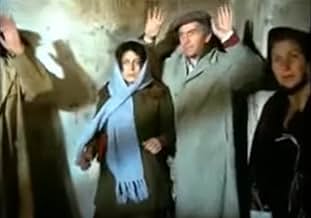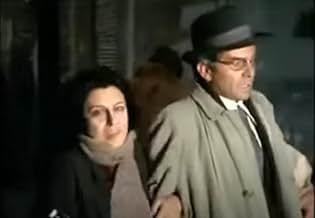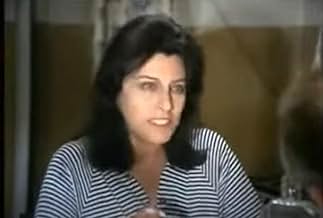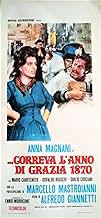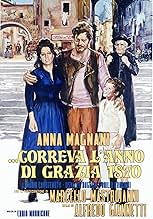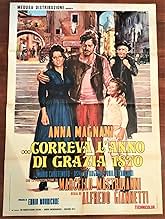Rome, 1870. Opponents of the church power are being sent to prison. Some of the exhausted prisoners are asking for the mercy of Pope. Others, like Augusto Parenti, prefer to fight for their ... Read allRome, 1870. Opponents of the church power are being sent to prison. Some of the exhausted prisoners are asking for the mercy of Pope. Others, like Augusto Parenti, prefer to fight for their rights until the end. His wife, Teresa is a simple woman, who gets involved with the rebel... Read allRome, 1870. Opponents of the church power are being sent to prison. Some of the exhausted prisoners are asking for the mercy of Pope. Others, like Augusto Parenti, prefer to fight for their rights until the end. His wife, Teresa is a simple woman, who gets involved with the rebels...
- Awards
- 1 win total
- Nino Colasanti
- (as Osvaldo Ruggeri)
Featured reviews
In July 1870 the Franco-Prussian War began and Emperor Napoleon III withdrew most of the French forces from Rome. King Vittorio Emanuele tried to negotiate the entry of the Italian army into Rome but was rebuffed by Pope Pius IX. Local patriots organized an insurrection, this time supported by advancing Italian troops and the annexation of the Papal states was de facto achieved. It became de jure after a plebiscite in October.
The main characters are Augusto Parenti, a local activist (Marcello Mastroianni), his partner Anna (Anna Magnani) and their son Mario. As the movie begins Augusto languishes in jail refusing to apply for a papal pardon while Anna lives in precarious conditions trying to provide for Mario and insure his education. Anna Magnani's range as an actress was not unlimited but when given a congenial role she could play it like nobody else. The charismatic Mastroianni does an excellent job too although he is assigned some overdramatic lines near the end.
I liked this unpretentious movie. At times it has the look and feel of a history lesson but this adds to its charm. Recreation of time and place by set designer Osvaldo Desideri is flawless, enhanced by the cinematography of Leonida Barboni. Part the filming was done in historic buildings such as Castel Sant'Angelo, used by the Papal States as a prison. Director Alfredo Gianetti moves the action fluidly and music is provided by the illustrious Ennio Morricone.
Sadly this is Magnani's last feature film (she appeared briefly and for the last time in Fellini's Roma in 1972). She made an enduring mark in world cinema.
Did you know
- TriviaSilvia D'Amico Bendicò's debut as a producer.
Details
- Runtime1 hour 56 minutes
- Sound mix
- Aspect ratio
- 1.66 : 1
Contribute to this page


